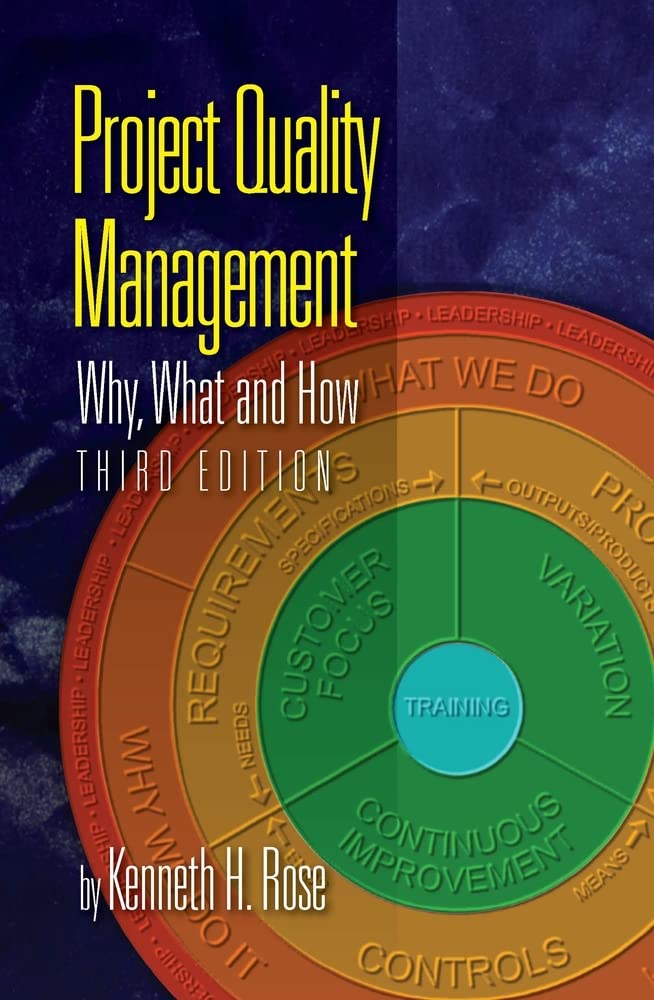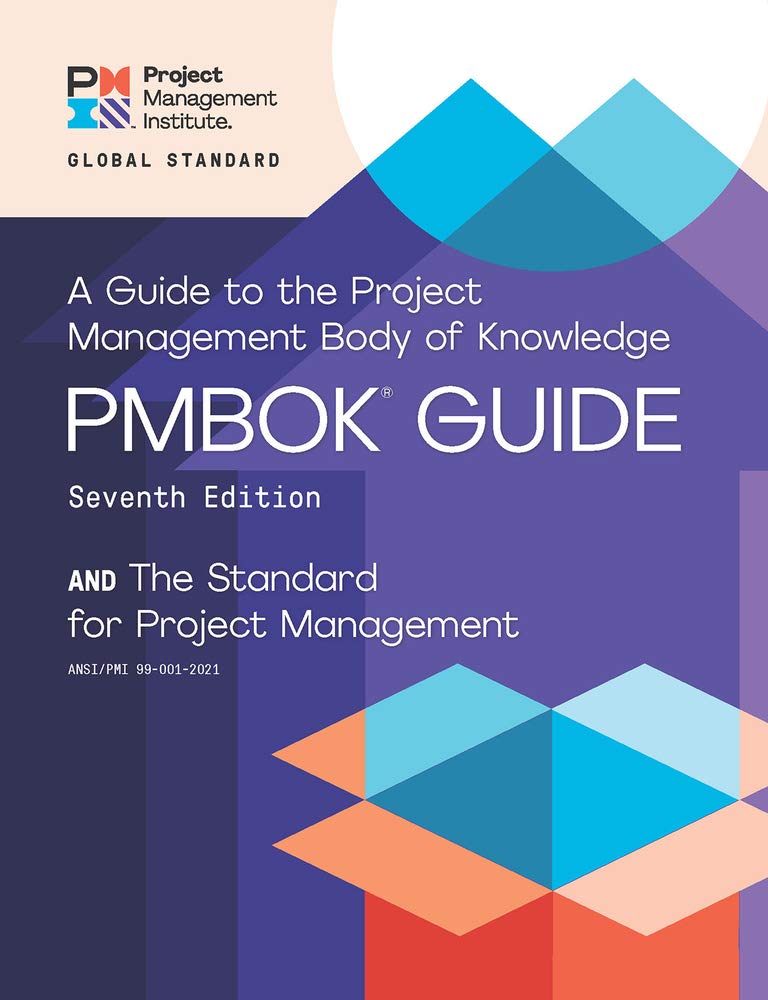
Project Quality Management
What is Project Quality Management?
Project quality management is the process of ensuring that a project’s deliverables meet defined standards and stakeholder expectations. It focuses on both the quality of the project outputs and the processes used to create them. This area of project management involves planning, assurance, and control to prevent defects, reduce waste, and promote continuous improvement. The goal is not only to meet requirements but also to exceed customer expectations through consistent, reliable results.
Project quality management begins early in the project lifecycle and continues through to completion. It integrates with other project management areas such as scope, time, and cost management to balance competing demands. By maintaining quality, teams can reduce the risk of rework, delays, and cost overruns, all while improving stakeholder confidence and satisfaction.
Key Points
- It consists of three main components: quality planning, quality assurance, and quality control.
- Quality planning involves identifying quality standards and determining the best methods to meet them.
- Quality assurance focuses on enhancing processes and ensuring compliance with quality standards.
- Quality control includes monitoring project results and identifying ways to correct defects.
- Effective quality management helps avoid errors and supports continuous improvement throughout the project lifecycle.
Related Terms
- Quality planning outlines the approach to achieving project quality goals by selecting relevant standards and establishing methods for compliance.
- Quality assurance ensures that processes used during the project align with quality requirements and promote consistent results.
- Quality control involves testing and inspecting deliverables to identify issues before final acceptance.
- Process improvement supports project quality management by identifying and implementing changes that enhance efficiency and consistency, ultimately leading to improved project outcomes.
- Risk management complements quality efforts by identifying areas where quality issues may arise and planning preventive actions.
Project Quality Management: Example
A construction company is managing the development of a new office building. During the quality planning phase, the team establishes concrete strength and fire safety standards. Throughout the build, quality assurance processes ensure subcontractors follow approved construction methods. Inspectors perform quality control by checking the strength of poured concrete and ensuring materials meet safety codes. These practices result in a safe, reliable structure delivered on time and within budget.
Project Quality Management: Best Practices
- Begin quality planning early and involve key stakeholders to set realistic, measurable standards.
- Integrate quality goals into all phases of the project to ensure consistency.
- Conduct regular audits and inspections to maintain oversight and identify issues promptly.
- Promote a culture of continuous improvement and open communication within the project team.
- Document quality procedures and lessons learned for future projects.
Additional Resources
Preparing for a PMI certification?
- Exam Prep Courses: PMP®, CAPM®, and PMI-ACP®
- Exam Simulators: PMP®, CAPM®, PMI-ACP®, PMI-PBA®, PMI-RMP®, PMI-SP®, PgMP®, and PfMP®
- Professional Development Units (PDUs): 15, 30, and 60 PDU Bundles




